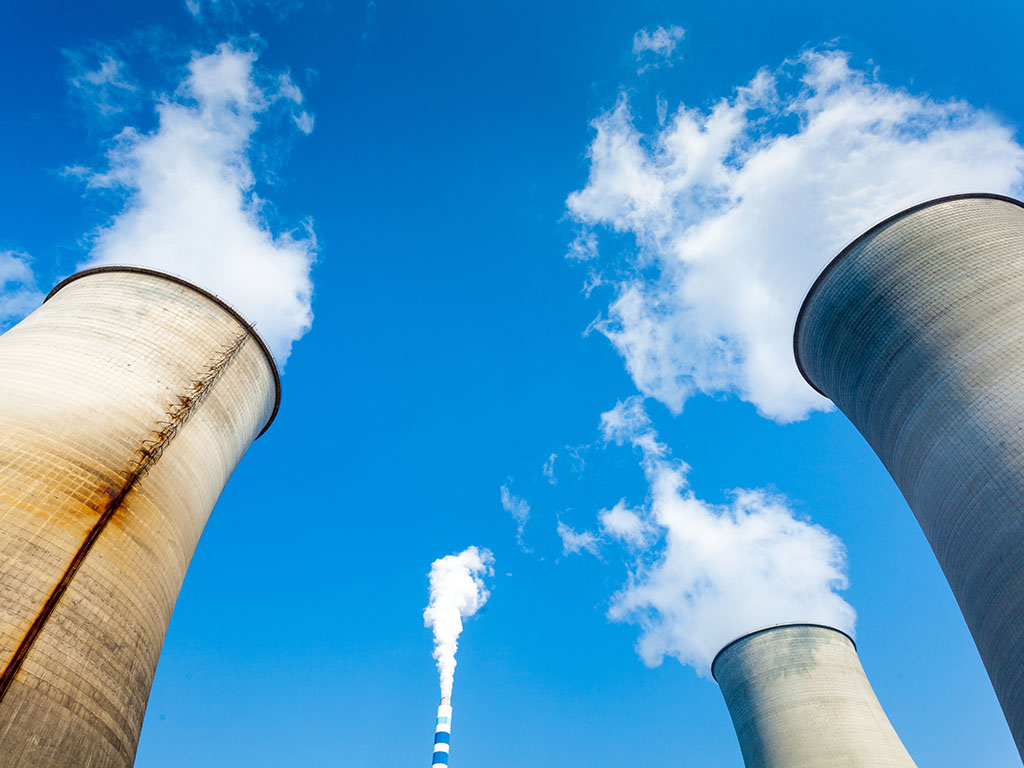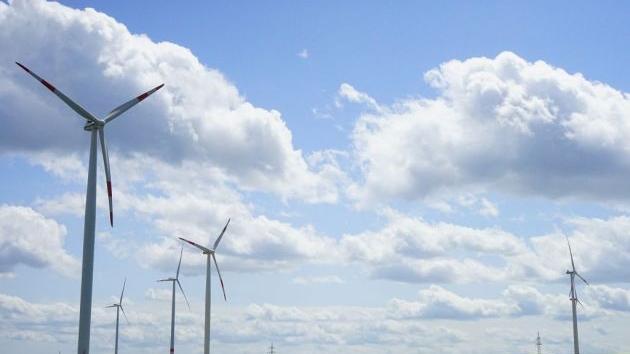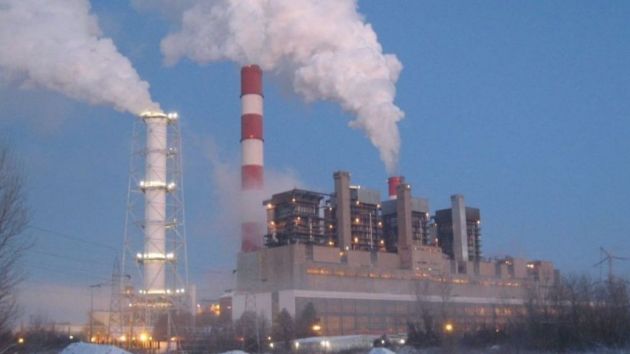Electrical Energy Sector Seeking Abolition of Nuclear Moratorium in Serbia
Illustration (Photo: zhangyang13576997233/shutterstock.com)

Since President of Serbia Aleksandar Vučić brought nuclear energy back into the spotlight, promoting the introduction of small modular reactors (SMRs) and the termination of the moratorium, top officials in the government and the electricity sector have expressed unwavering support for the initiative.
One of the key questions is whether the Serbian energy industry should limit its development by any decision from the past, such as the moratorium from 1989, and which other country in the world can afford such a level of comfort, Acting Director of Elektroprivreda Srbije (EPS) Dušan Živković said.
– Is the Serbian energy sector ready for a bold leap in resource diversification, aware that the dependence on fossil fuels isn’t sustainable in the long term, whether in resource terms or in the sense of technological or geopolitical dependence, while being aware of its own green resources? – he asked at a conference on sustainable transition in the electric power sector in the Western Balkans. Živković highlighted the goal to drive net greenhouse gas emissions to zero before mid-century.
Gas is just transitional fuel
Minister of Mining and Energy Dubravka Đedović Handanović pointed out at the event in Belgrade, organized by the Energija Balkana news website, that the European Union strives to gradually end the use of natural gas.
– That is why we started to consider nuclear energy. That is why we went to the summit in Brussels and that is why we think it is the only stable non–fossil fuel source – she stated.
Gas is indeed a transitional fuel and it can contribute to the energy transition, but financing is becoming less and less available, the minister explained.
Serbia must link education, science and new technologies with state planning and investments, Đedović Handanović asserted. Exiting coal isn’t easy or simple or cheap, while it is necessary to secure baseload energy for companies, she said.
General Manager of Elektromreža Srbije (EMS) Jelena Matejić said it is necessary to combine dual education, participation in regional projects and the universities to develop nuclear energy, obtain balancing energy from hydropower plants, especially pumped storage, and store energy using hydrogen and lithium batteries.
– The moratorium is senseless – she stressed and noted that nuclear energy was a part of the energy mix in Yugoslavia.
State Secretary in the Ministry of Mining and Energy Veljko Kovačević revealed that the ministry would sign a memorandum of understanding within a month with “all competent institutions, agencies and organizations” active in the nuclear energy field. They will start analyzing how to develop the sector in Serbia, he said.
Education is first priority
The first necessary step is to invest in education because the sector lacks professionals, Head of Ancillary Services at EPS Aleksandar Latinović underscored.
– When we educate the staff, we should conduct serious analysis on how it fits the entire system with regard to the projections for the period until the end of the next decade – he said.
It would be ideal to place small modular reactors at the locations of existing electricity hubs with infrastructure, Latinović opined. He added that SMRs are an experimental technology, not yet available commercially, while it takes between 12 and 20 years to build a conventional nuclear power plant in Europe.
– The issue is how the cost-effectiveness of nuclear power plants would fit in if our country’s goal is to move toward renewable energy sources – Latinović stressed.
Director of the Development Division of EMS Nebojša Vučinić noted that the minimum consumption in Serbia, at any given moment, amounts to 2.2 GW, translating to 50% of the total or 20 TWh per year. Nuclear power plants are “a logical choice” as during a large part of the year there are no renewable sources in the system, he said.
No matter how many pumped storage hydropower plants Serbia will have, they won’t be sufficient to bridge the periods without sun or the wind, in Vučinić’s view.
Companies:
 Elektroprivreda Srbije ad Beograd
Elektroprivreda Srbije ad Beograd
 EMS ad Beograd
EMS ad Beograd
 Ministarstvo rudarstva i energetike Republike Srbije
Ministarstvo rudarstva i energetike Republike Srbije
Tags:
Elektroprivreda Srbije
Elektromreža Srbije
Ministry of Mining and Energy
Aleksandar Vučić
Dušan Živković
Dubravka Đedović Handanović
Jelena Matejić
Veljko Kovačević
Aleksandar Latinović
Nebojša Vučinić
conference on sustainable transition in the electric power sector in the Western Balkans
moratorium on nuclear energy
nuclear energy
construction of small modular reactors
SMR
small modular reactors
Comments
Your comment
Naš izbor
Most Important News
Full information is available only to commercial users-subscribers and it is necessary to log in.
Follow the news, tenders, grants, legal regulations and reports on our portal.
Registracija na eKapiji vam omogućava pristup potpunim informacijama i dnevnom biltenu
Naš dnevni ekonomski bilten će stizati na vašu mejl adresu krajem svakog radnog dana. Bilteni su personalizovani prema interesovanjima svakog korisnika zasebno,
uz konsultacije sa našim ekspertima.


 Izdanje Srbija
Izdanje Srbija Serbische Ausgabe
Serbische Ausgabe Izdanje BiH
Izdanje BiH Izdanje Crna Gora
Izdanje Crna Gora


 News
News









